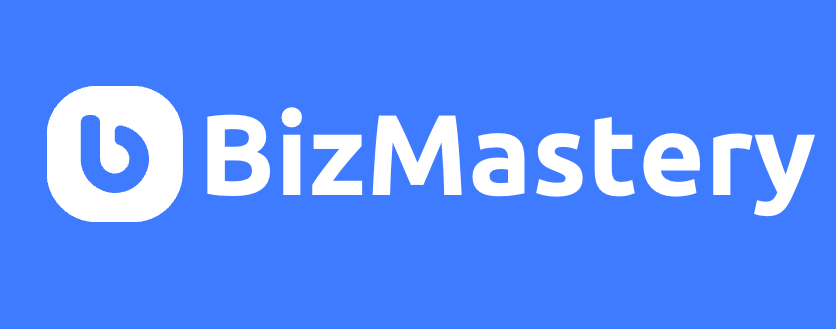In the changing world of business entrepreneurship, where uncertainty and rapid changesre constant following a rigid and linear approach can hinder the success of a venture. Instead entrepreneurs are embracing the approach. A method that focuses on flexibility, adaptation and continuous improvement. This approach recognizes that a business idea is not fixed; rather it evolves through refinement and learning. In this article we delve into the concept of the approach in business entrepreneurship exploring its advantages, fundamental principles and real world applications.
The Essence of the Iterative Approach
The approach also referred to as development or iterative design is a methodology that emphasizes progress through cycles of repetition and refinement. Than striving for a product or solution right, from the start entrepreneurs employing this approach create an initial version which they then test and gather feedback on. They then use this feedback to make improvements. This process is repeated in cycles until the product or solution reaches or surpasses the desired level of quality and market fit.
The Core Principles of the Iterative Approach
Flexibility and Adaptation; In todays evolving business environment the iterative approach acknowledges the importance of being adaptable and flexible. It encourages entrepreneurs to adjust their strategies in response, to market feedback emerging trends and unexpected challenges. This agility is crucial for survival. Achieving success in industries.
Continuous Learning; Iteration is closely linked to learning. Each cycle offers an opportunity to gather insights from customers, stakeholders and even failures. By learning from both their mistakes and successes entrepreneurs can make informed decisions. Refine their strategies accordingly.
Incremental Progress; of aiming for perfection in a leap the iterative approach emphasizes making small yet meaningful improvements with each iteration. Entrepreneurs concentrate on progress than taking big risks. This not reduces the chances of failure. Also allows for faster adaptations based on real world results.
Customer Centricity; The iterative approach puts customers at the heart of the development process. Regular feedback from customers helps entrepreneurs tailor their products or services to meet customer needs thereby increasing their chances of success, in the market.
Risk Management; By breaking down the development process into phases the iterative approach helps mitigate risks. Entrepreneurs can. Address issues early on minimizing any negative impact caused by failures.
Real World Applications
- Startups, in the technology industry often rely on iteration for success. Take Facebook for example which initially operated as a platform for Harvard students. Through cycles driven by user feedback they were able to expand their user base and introduce features and functionalities.
- Companies that develop products also find value in an approach. Apple is an example as they regularly release versions of their products incorporating user feedback and technological advancements into each iteration. This not keeps customers engaged. Also helps them maintain a competitive edge.
- The iterative approach proves invaluable, in service industries. Airbnbs journey began with renting out air mattresses in a living room. Through refinement based on the needs and preferences of hosts and guests it eventually became a global hospitality phenomenon.
- Marketing campaigns can greatly benefit from an approach well. A classic example is A/B testing, where different versions of a campaign are tested with an audience before implementing them on a scale. By analyzing the results of each iteration marketers can fine tune their campaigns to achieve impact.
Advantages of the Iterative Approach
Quicker Time, to Market; By focusing on delivering a version and then continuously improving it the iterative approach speeds up the time it takes to bring a product or service to market. This is especially valuable in paced industries where staying ahead of competitors is crucial.
Enhanced Flexibility; The iterative approach empowers entrepreneurs with the ability to adapt swiftly to evolving market conditions and changing customer preferences. This adaptability is key to surviving disruptions and remaining relevant.
Cost Reduction; By identifying and addressing issues in the development process the iterative approach helps minimize fixes later on. Iteration prevents the accumulation of mistakes. Ensures efficient allocation of resources.
Improved Customer Satisfaction; Regular engagement with customers. Incorporating their feedback results in products and services that closely align with their needs. As a result customer satisfaction and loyalty are boosted.
Encourages Innovation through Experimentation; The iterative approach fosters a culture of innovation within organizations by encouraging experimentation and taking calculated risks. Entrepreneurs can test ideas without committing resources.
Challenges and Considerations
Although the iterative approach offers benefits it also presents challenges. Managing customer expectations during changes efficiently allocating resources and striking a balance, between innovation and stability are hurdles.
Furthermore it is important to acknowledge that not every project or industry is suitable, for modifications. Knowing when to pivot or persist is an aspect.
In the realm of business entrepreneurship, where uncertainty and changes are bound to happen the iterative method stands out as an approach that prioritizes adaptability, customer focus and efficient development. By embracing flexibility learning and gradual progress entrepreneurs can navigate the complexities of the market. Bring their ideas to fruition. As industries continue to evolve the iterative approach will remain a tool, in an entrepreneurs arsenal; it fosters innovation, minimizes risk and drives success.





